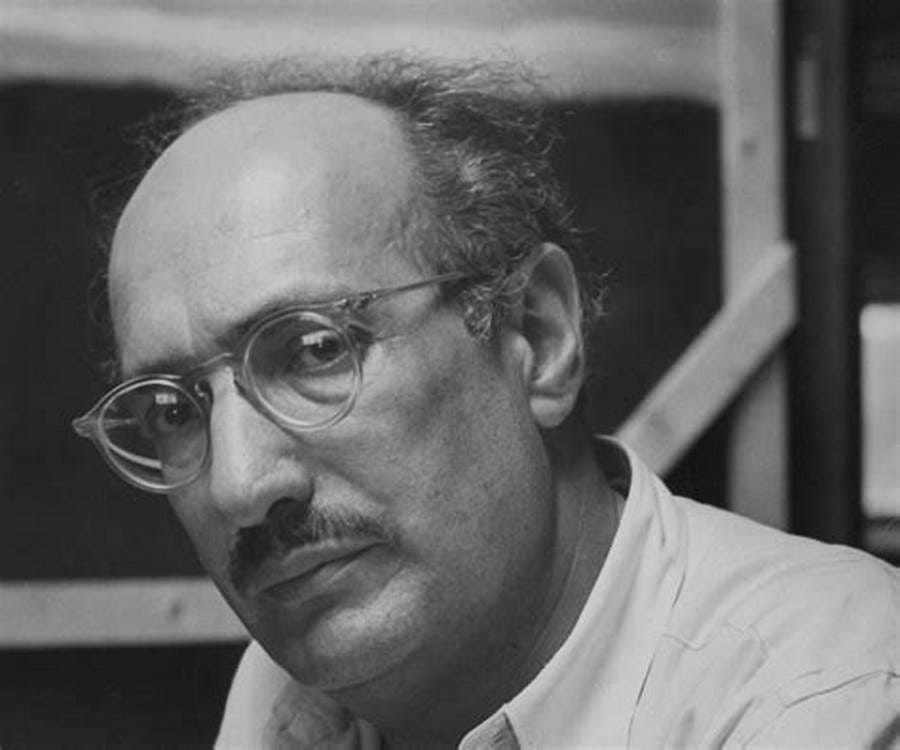UNTITLED In the chorus on the antic stage warning Antigoni to keep her head down or among angels who whisper, “Shush!” as they lean to hear what the boss is telling Abram before they sing praises to the knife thrust: deprived of these deprived of revolution, he turns to painting. The mythology around Rothko is that you can read his life-long battle with depression in the draining of color from his mature palate & that the dark canvases he painted for the Houston chapel were his “suicide note in paint.” Transcendent experiences are said to be moments when a person loses the sense of self & connects with something greater. What is that something greater? Is there any doubt that there is “a beyond” beyond oneself? But is that beyond a “thing,” an entity, a whole? Is what we experience as “beyond the self” actually beyond the self? When Rothko stared into his own paintings, could he see beyond himself? I am willing to say that he tried. But was that slippery moment anything more than a nicotine fog of mystification, a distraction from more immediate concerns? Do we need to move beyond ourselves to achieve genuine contact with others? Is that moving beyond even possible? Or do we merely intuit what is greater by intuiting the limits of who we are? A suicide risks all, wrestling for control of the knife.
Notes from the poet: Rothko's paintings and career are a search for the ineffable in the context of vast socio-historical disturbances of the 20th century. Anybody serious about painting, anyone serious about art in general must confront him.
About the poet: Peter J. Grieco is a poet, song writer, and retired school bus driver from Buffalo, NY. A selection of his ekphrastic verse, The Blind Man's Meal, has been published by Finishing Line Press.



